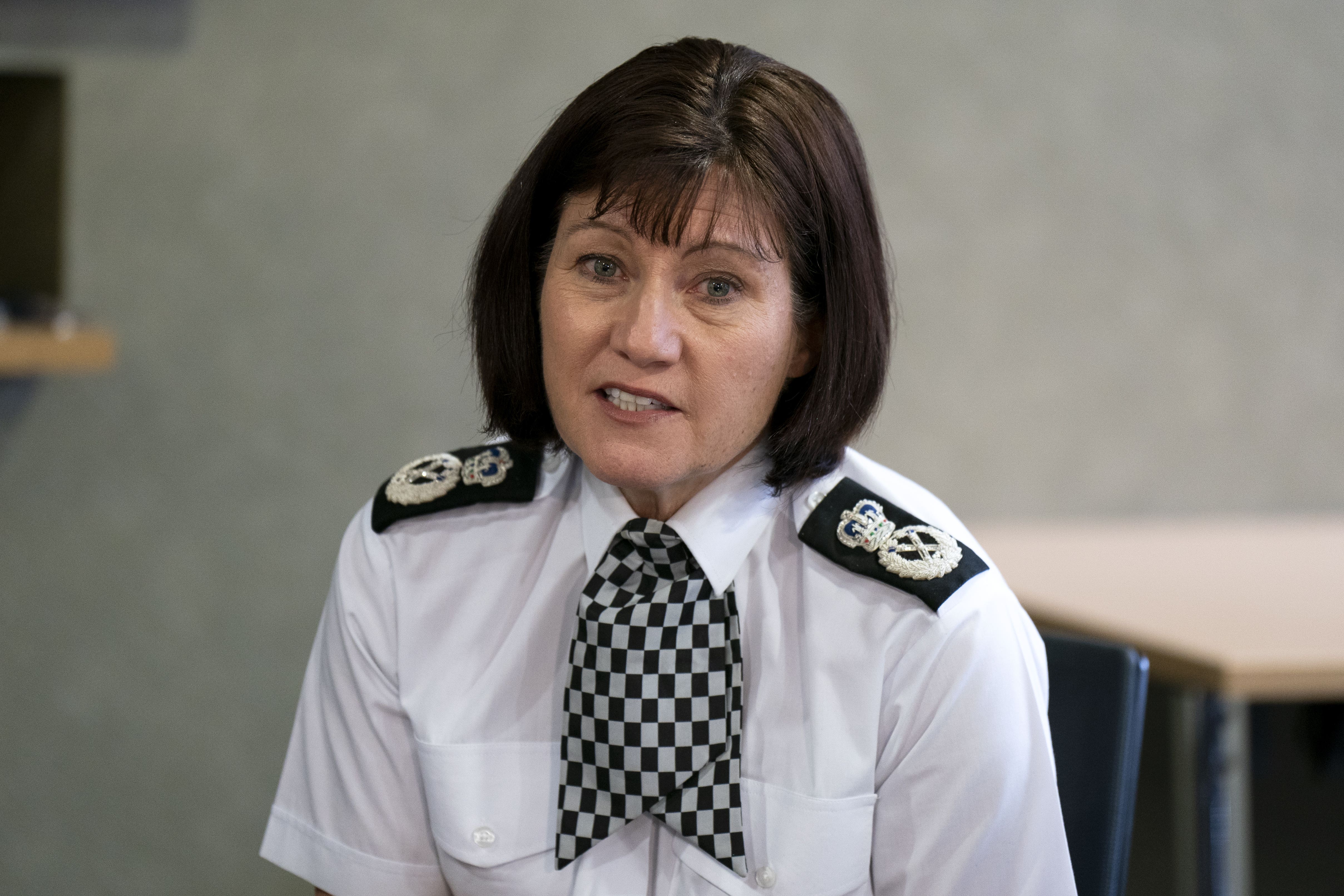Officers will take common sense approach to hate crime law, police chief vows
New legislation comes into force in Scotland on April 1 but there are concerns over its potential impact on freedom of speech.

Your support helps us to tell the story
From reproductive rights to climate change to Big Tech, The Independent is on the ground when the story is developing. Whether it's investigating the financials of Elon Musk's pro-Trump PAC or producing our latest documentary, 'The A Word', which shines a light on the American women fighting for reproductive rights, we know how important it is to parse out the facts from the messaging.
At such a critical moment in US history, we need reporters on the ground. Your donation allows us to keep sending journalists to speak to both sides of the story.
The Independent is trusted by Americans across the entire political spectrum. And unlike many other quality news outlets, we choose not to lock Americans out of our reporting and analysis with paywalls. We believe quality journalism should be available to everyone, paid for by those who can afford it.
Your support makes all the difference.Scotland’s top police officer has said a balance will be struck between freedom of expression and alleged crimes under the new hate crime law.
Police Scotland Chief Constable Jo Farrell said the Hate Crime and Public Order (Scotland) Act could place an additional demand on policing, but she did not give a figure when asked if the resource needed had been estimated.
The law, passed in 2021, comes into effect in April and makes it an offence to stir up hatred against protected characteristics, including age, disability, religion, sexual orientation and gender identity.
It has proved controversial, with critics – including JK Rowling and Elon Musk – concerned about its impact on freedom of speech.
Somebody's view, while you might not like it or agree with it, does not become a criminal offence
Ms Farrell told a board meeting of the Police Scotland oversight body, the Scottish Police Authority, on Thursday that the force is used to enforcing new legislation and officers are being trained to apply the law in a “measured way, using their discretion and their common sense”.
She said: “We’re a rights-based organisation and our officers balance human rights against individual laws every single day, and this new hate crime Act is no different. In fact it contains a specific reference to the protections people have around freedom of expression.”
She said “hate crime is deplorable and it can cause deep psychological harm”, and officers will apply the new law “proportionately and uphold people’s right of expression”.
The SPA’s complaints and conduct committee chairwoman, Katharina Kaspar, said: “Credible voices from judicial sector and human rights organisations have said they do not consider the safeguards to be sufficient.
“The concerns that have been expressed is that by the time an allegation is made and an investigation starts, the process of the investigation itself can become a punishment which may have a chilling effect on the freedom of expression.”
A spokesman for Prime Minister Rishi Sunak has also raised the “potential for chilling effects on free speech” while confirming such legislation would never be introduced in England.
Ms Kaspar said the training in place is “encouraging” but is an “insufficient control”.
She added: “A lot of people will think that ‘I don’t want to be investigated and I don’t want my name to be reported. I’d rather not express an opinion which I perfectly legitimately can express, I’d rather not do that’.
“In addition to training, how will you know that the process does not become the punishment in this case?”
Ms Farrell said: “In relation to your point around freedom of expression, quite clearly that is one of the human rights that we uphold. That is something that runs through our cultural norms and our application of legislation currently and in the future.
“What the legislation says and the training reinforces is that somebody’s view, while you might not like it or agree with it, does not become a criminal offence.
“A really important part of an open democracy that this country has is that people are able to have that freedom of expression.”
She said any chilling effect will be guarded against through “tight quality assurance” and keeping a “very, very close eye on ensuring that we find the balance between alleged criminality and freedom of expression”.
Ms Kaspar asked her whether the resource needed to investigate every single hate crime allegation as is pledged had been estimated.
Ms Farrell said: “Part of our response as the legislation beds in is to keep obviously close scrutiny in relation to the volume, in relation to type of crime that’s being reported, what are the implications, a quality assurance to our response so that we are applying the legislation appropriately.”
Ms Kaspar also questioned how the chief constable would “square” the rollout of a pilot project not to investigate crimes with no associated threat, risk, harm or vulnerability and no lines of inquiry with investigating every hate crime allegation.
Ms Farrell said hate crime allegations would “sit aside” from the project rollout as they involve potentially vulnerable victims.